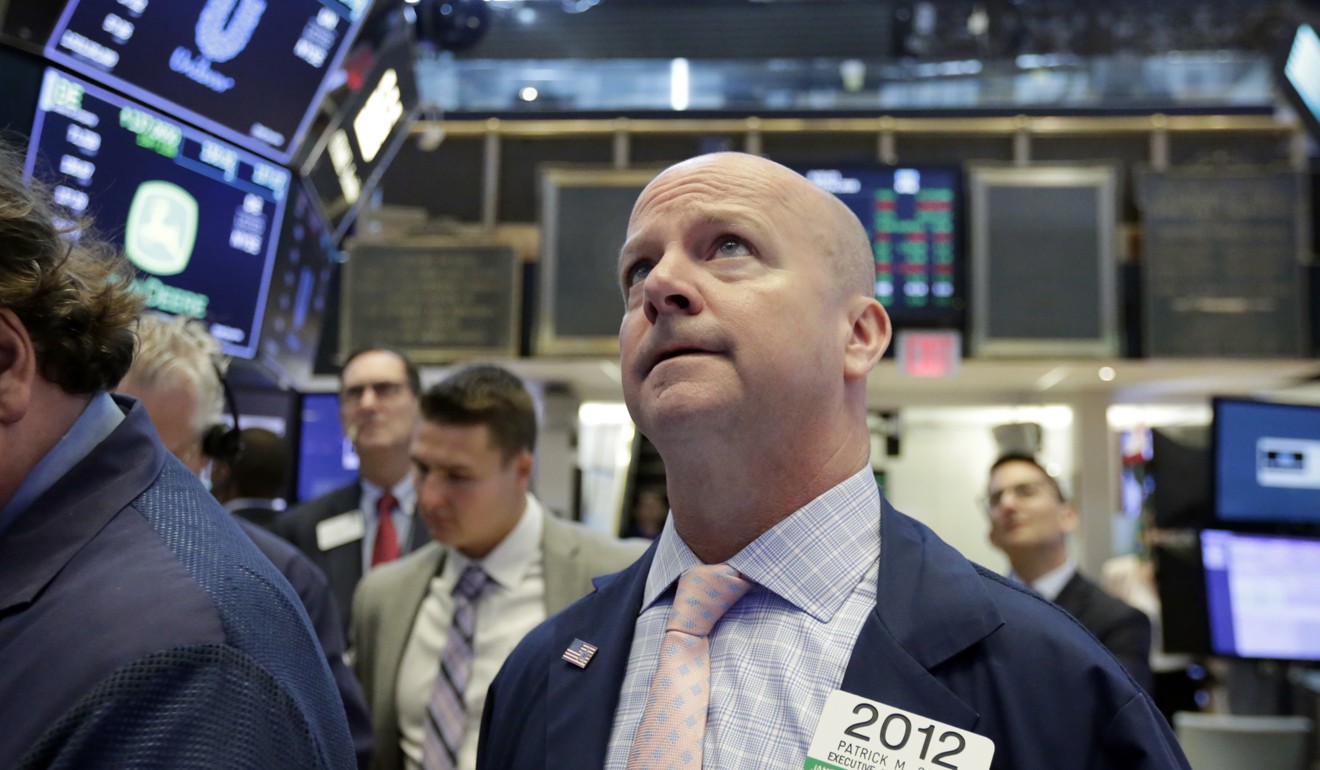
Trump gets it right (for once): quarterly corporate earnings reports need to go
Stephen Vines says the US should replace three-monthly filings with half-yearly reports and stop driving executives to prioritise short-term goals
The point being that he has urged the United States Securities and Exchange Commission to scrap the requirement for listed companies to produce earnings reports on a three-monthly basis.
Moreover, and things are getting seriously weird here, Trump’s reasoning is logical and coherent. He says that a move to six-monthly reporting would save money and increase flexibility. He bases his view on conversations with business leaders, which is also entirely plausible because there has been a growing groundswell of opinion for the US to come into line with other jurisdictions, including Hong Kong, which are quite satisfied with six-monthly reporting.
Besides the issue of inconvenience, the need to churn out earnings figures four times a year encourages the kind of short-termism that exasperates executives trying to build companies while under intense pressure from shareholders to produce bigger and better figures regardless of whether, for example, it would make sense to forsake immediate earnings growth in favour of more investment and a longer-term perspective.
That said, there is a reason why this kind of frequent reporting was introduced in the first place and it revolved around the need for greater accountability and transparency. Shareholders who, after all, are company owners needed a better and more current insight into how their investments were performing.
Yes, they could have waited a little longer before gaining this information but in reality news of corporate performance was constantly trickling out via the media and briefings to analysts. Then there was information supplied to some bigger shareholders that was denied to their less significant counterparts. A system of public reporting was designed to produce a level playing field and, thus, a sense of fairness.
And, yet, what were shareholders actually getting? In truth, it was a one-day snapshot of where matters stood. Precisely because accounts of this kind must be snapshots, companies were able to manipulate the figures, maybe booking sales in advance or deferring settlement of liabilities to another day in order to make the books look that much better.
Quarterly reporting has the benefit of increasing the number of snapshots given to investors but frequency cannot be equated with veracity, as what can be manipulated on a half-yearly basis can most certainly be manipulated on a quarterly basis.
The problem lies with not only the information supplied but how the recipients treat it. Investors who are entirely focused on the share price, which in turn is largely determined by earnings reports, will want every quarter to look better than the last unless they are shorting the shares and then other considerations prevail.

Thus, the possibility arises that better companies might be inclined to shun stock markets altogether, leaving the world of equities bereft of quality. This is something of an extreme extrapolation and most certainly does not include judgment on whether the privatisation of Tesla would be a good or bad thing.
What we are seeing, however, is a trend. A study from Harvard Law School, covering the years 1991-2016, found that the number of initial public offerings is slowing. A peak was reached in 1996, with 624 companies coming to the US market. A low point, rather understandably, was recorded during the 2008 financial crisis, when just 35 companies came to the market but, even in 2016, the number was down to 112. Meanwhile, the number of listed companies remaining listed has steadily fallen since the heady days of 1996, although the decline levelled off towards 2016.
Of course, this reduction in the number of listed companies and IPOs is hardly entirely attributable to the three-monthly reporting requirement, but the reporting forms part of a regulatory picture that is off-putting to entrepreneurs. Most ways of changing the regulatory regime are highly complex and fraught with problems but changing the intervals between reporting is not that difficult.
Presumably Trump has latched onto this issue because it offers the prospect of an easy win. It is also in line with his general inclination to be pro-business, although goodness only knows what havoc he is wreaking elsewhere in the world of business.
However, even the worst people sometimes do something right and, when what is right is also pretty obvious, there is no reason to be too churlish. Maybe just a little churlishness will do.
Stephen Vines runs companies in the food sector and moonlights as a journalist and a broadcaster

